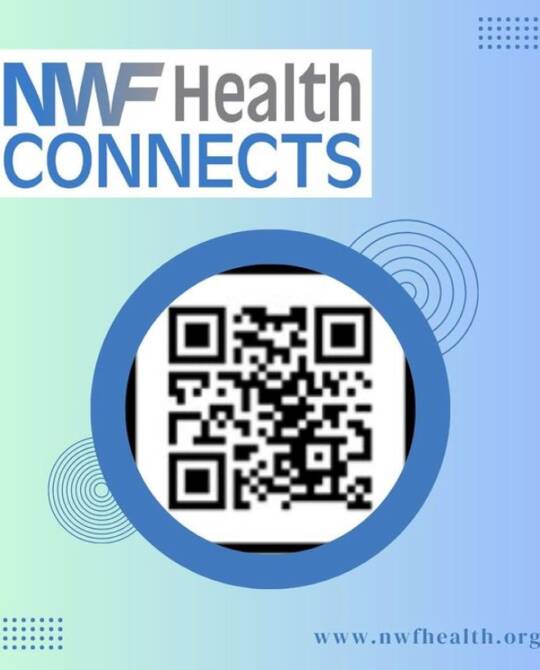
April is National Stress Awareness Month
Managing stress is an essential component of a healthy lifestyle. Knowing how to manage stress can improve mental and physical well-being as well as minimize exacerbation of health-related issues.
Here’s a few easy ways to manage stress:
Yoga: stretching and yoga may not always feel like exercise compared to a vigorous and sweaty run, but they are just as beneficial and important. Restorative yoga is a powerful antidote to stress because these movements actively down-regulate the sympathetic nervous system and up-regulate the sympathetic nervous system. Yoga can be a gentle and healing way of unwinding at the end of the day, promoting better mood and sleep.
Breathing: parasympathetic breathing involves breathing deeply, slowly and steadily with a good inhalation to exhalation ratio. When we’re stressed, we subconsciously tense up and often forget to breathe, or take short, sharp and shallow breaths. Long breaths are one of the fastest ways of decreasing anxiety, fear and racing thoughts. Becoming aware of our breathing also helps us to stay more present and centered.
Massage: moderate pressure stimulates the nerves and sensory receptors involved in sending signals to the brain. This tells the body to relax, increasing blood flow to digestive organs, decreasing sweat, as well as reducing heart rate and blood pressure. You can also invest in a few at-home tools such as acupressure mats, muscle drills and foam rollers. These are effective when applied after intensive exercise such as a run, and getting out into nature produces a similar effect.
Diet: avoid stimulating foods such as caffeine, which increase heart rate and contribute to sympathetic stimulation this way. Low quality and overly processed foods also contribute to fatigue, anxiety and lethargy in the long-run. Short-term fixes such as energy drinks and powders only mask the problem, creating feelings of being ‘wired’ or ‘on-edge’. A diet that supports the parasympathetic nervous system improves the health of the brain and spinal cord grey matter over all. This includes probiotics, green leafy vegetables, fish, dark chocolate and healthy proteins and fats.
Counselling: psychotherapy, CBT and counselling are all great practices for coping with the psychological effects of stress. We go to the gym for our bodies, so why do so few of us hold the same standards for our minds? Simply hearing yourself talk things through and being given a sounding board just once a week can make a huge difference in as little as a month. Another option is to practice journaling, which enables a similar process through writing and does not require a second or third party. Doing this first thing when you get up, instead of immediately reaching for your phone, could be a new habit that ends up making all the difference.




